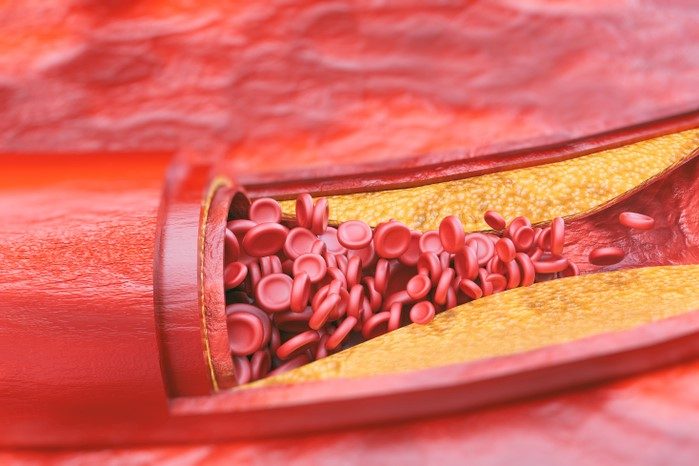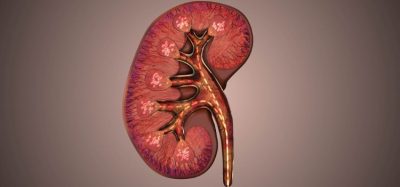Ziltivekimab shows promise in atherosclerosis trial
Posted: 20 May 2021 | Hannah Balfour (European Pharmaceutical Review) | No comments yet
Ziltivekimab was found to reduce inflammatory biomarkers of atherosclerosis by up to 93 percent in patients with chronic kidney disease and high cardiovascular risk.


New Phase II data demonstrates that once-monthly treatment with an investigational monoclonal antibody, ziltivekimab, significantly reduced multiple inflammatory biomarkers associated with atherosclerosis in people with advanced chronic kidney disease (CKD) and elevated high-sensitivity C-reactive protein (hsCRP), representing high cardiovascular risk.
Atherosclerosis is the major cause of cardiovascular disease (CVD), including heart attack and stroke. It is characterised by the build-up of fats, cholesterol and other substances in the artery walls that results in vessel narrowing and reduced blood flow. It has been established that chronic inflammation contributes to the development and progression of atherosclerosis and thus, biomarkers for inflammation, such as hsCRP, can be used to predict cardiovascular risk.
Cardiovascular disease (CVD) is the number one cause of morbidity and mortality globally, responsible for a third of all deaths worldwide. Of these deaths, 85 percent are caused by heart attack and stroke. Furthermore, approximately half of all deaths in people with CKD are due to CVD-related complications, meaning those with CKD are more likely to die from CVD than progress to end-stage renal disease.
The Phase II RESCUE trial was randomised, double-blind and placebo-controlled. It assessed the effect of once-monthly subcutaneous ziltivekimab, an interleukin-6 (IL-6) inhibitor, on biomarkers of inflammation. The study enrolled 264 participants with advanced CKD and elevated hsCRP.
The trial met its primary endpoint: safely and effectively reducing levels of inflammatory biomarkers relevant to atherosclerosis. After 12 weeks, median levels of hsCRP were significantly reduced with ziltivekimab compared with placebo (77, 88 and 92 percent reduction in those receiving 7.5mg, 15mg and 30mg of ziltivekimab, respectively, compared to four percent for placebo). The proportion of people achieving both a greater than 50 percent reduction in hsCRP and hsCRP levels of less than 2mg/L, a secondary endpoint, was also significantly higher with ziltivekimab than placebo (66, 80 and 93 percent for the doses respectively, compared to four percent for placebo). Dose-dependent reductions were also observed over 24 weeks for four additional inflammatory biomarkers; fibrinogen, serum amyloid A, haptoglobin and secretory phospholipase A2.
Treatment emergent adverse events were considered to be mild, moderate or severe and were similar between the placebo and ziltivekimab groups. Investigators reported that ziltivekimab was generally well tolerated, with no unexpected side effects.
“We are very encouraged by these promising Phase II data, which is an important step towards a new potential anti-inflammatory treatment approach for people living with atherosclerotic CVD and CKD,” said Martin Holst Lange, executive vice president for Development at Novo Nordisk, the company which developed ziltivekimab. “Based on these results, we are planning to progress ziltivekimab to a large-scale Phase III cardiovascular outcomes trial to further assess its potential, as we continue to advance our commitment in cardiovascular disease.”
The results were published in The Lancet.
Related topics
Antibodies, Biologics, Clinical Trials, Drug Development, Drug Safety, Research & Development (R&D), Therapeutics
Related organisations
Related drugs
Related people
Related diseases & conditions
atherosclerosis, cardiovascular disease (CVD), chronic kidney disease









